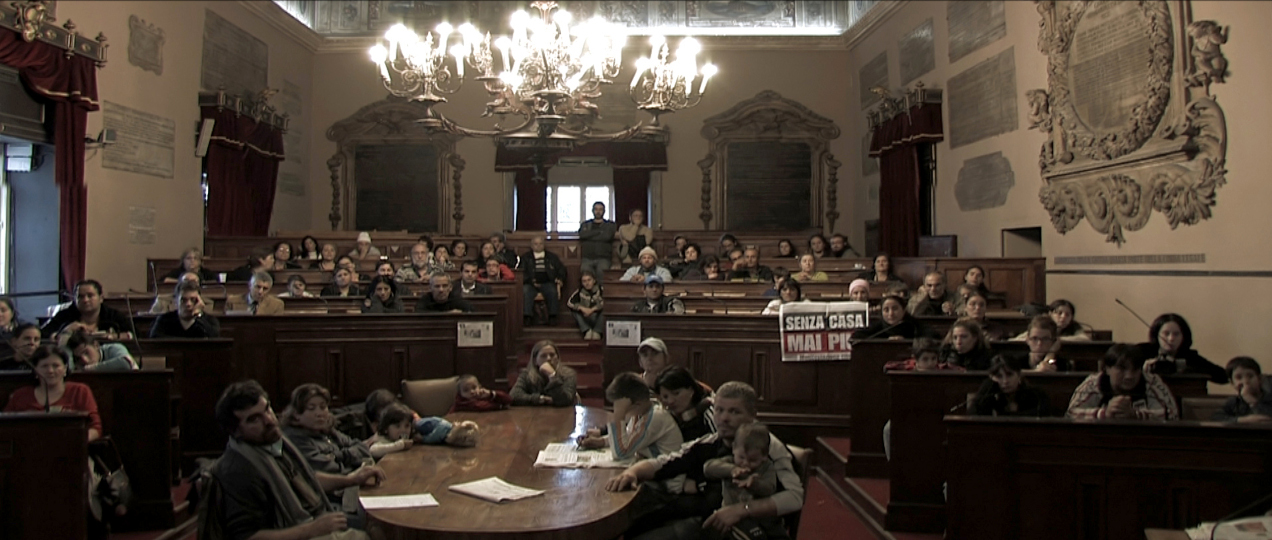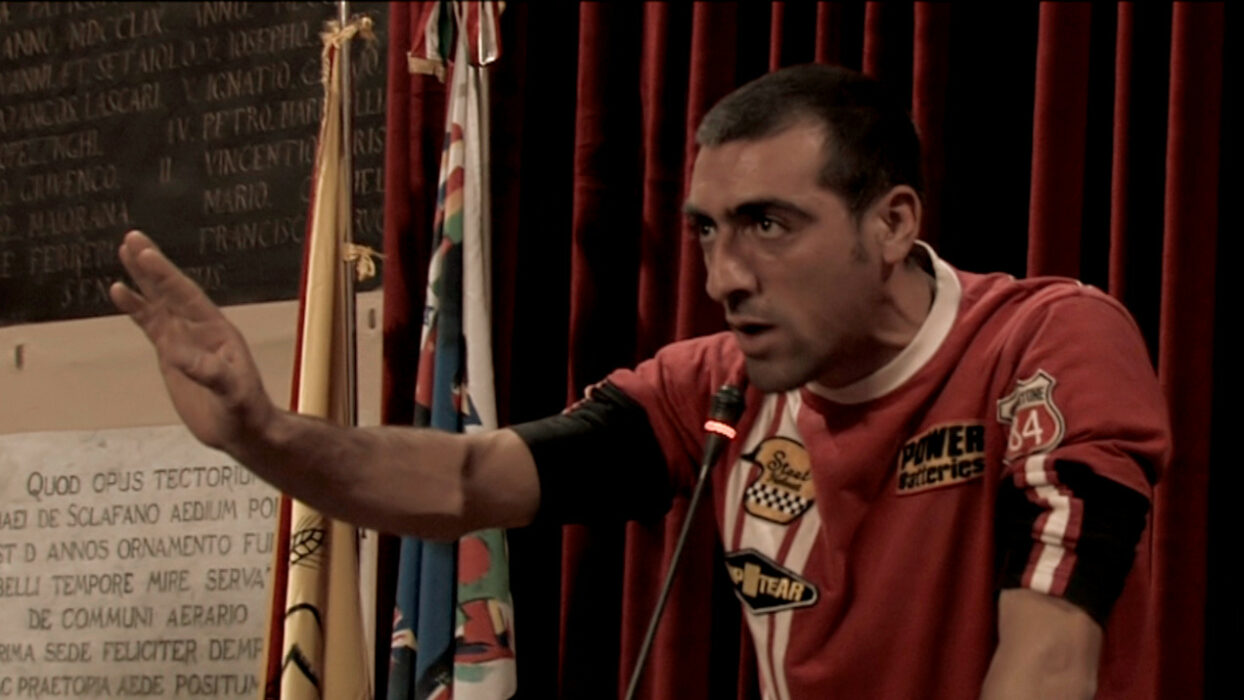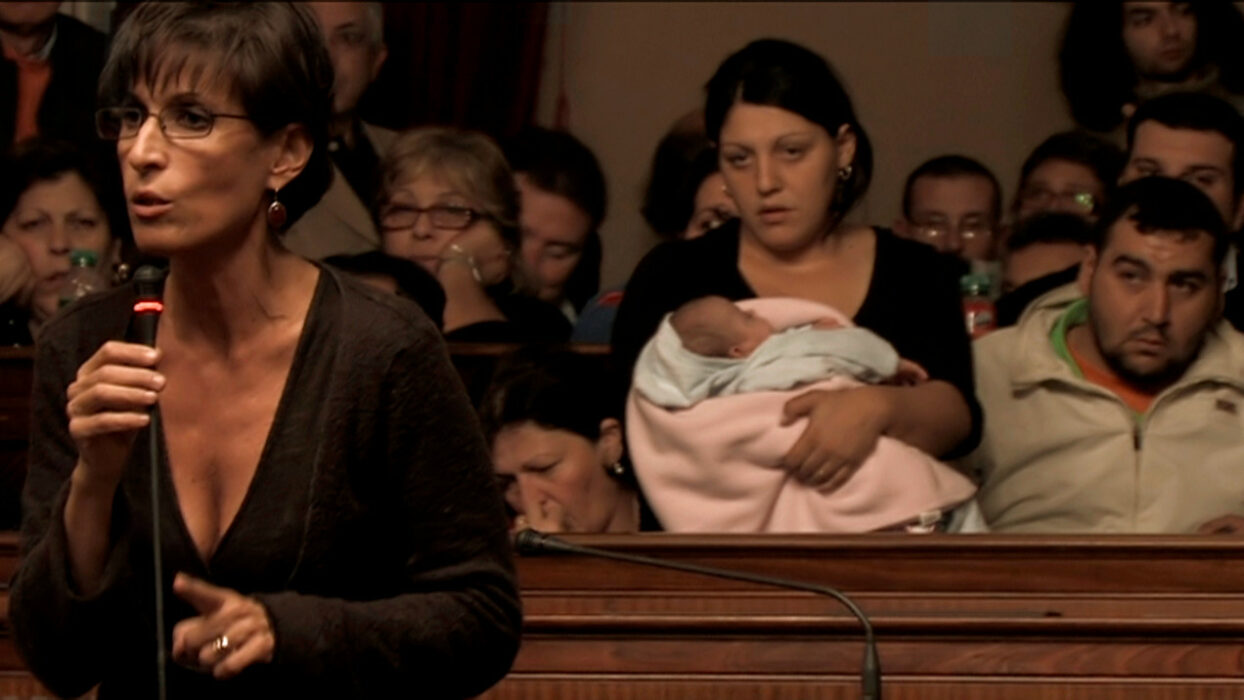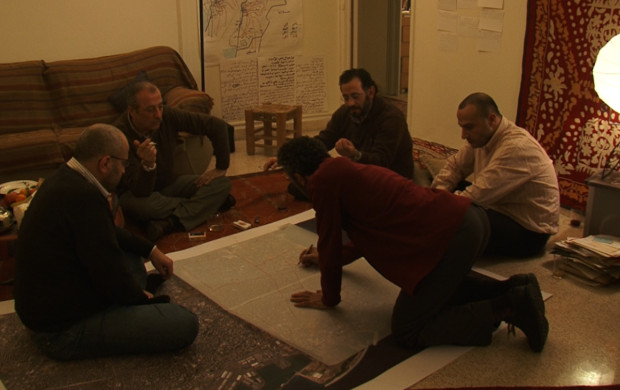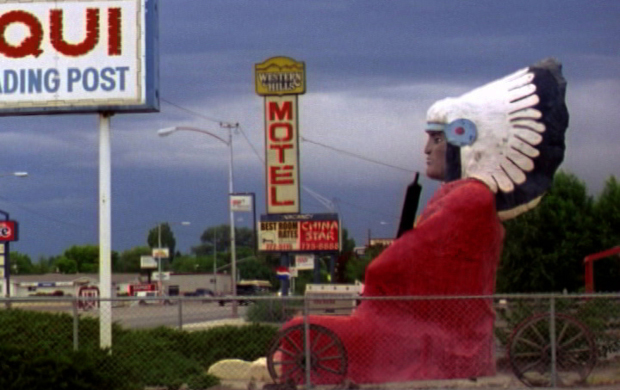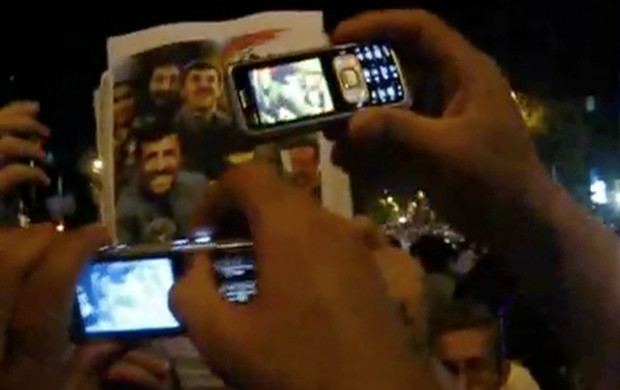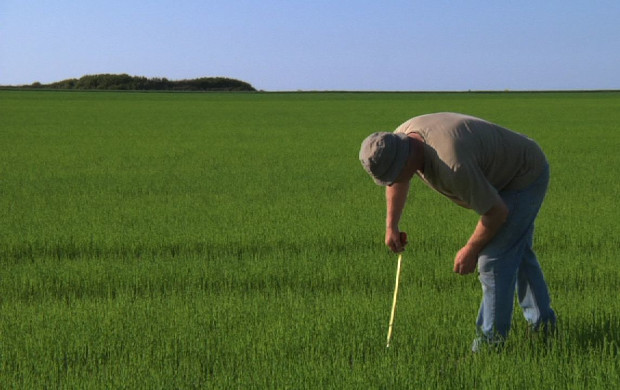Palazzo delle Aquile
- 2011
- France
- 124 minutes
- Italian
CINÉMA DU RÉEL GRAND PRIX
Eighteen ill-housed families occupy the head office of Palermo town hall for a whole month. The accomplishment of the filmmaker trio lies in the dramatic force of the subject and wise editing choices. The families first appear as timid silhouettes lined up on the back row of the Council Chambers. Before long, they take over the premises with the noisy excitement of their legal rights and class solidarity. Democracy incarnate seems to take hold of the woodwork and the gilt. Even the young “mediator” Fabrizio, a left-wing councillor representing them, is taken to task by the citizens and their joyful loquacity. Then little by little the Palace, a symbol of the public space and collective life, becomes home, a territory given over to individual, private needs. Amidst the shadows and snorings, the wooden lions and teddy-bears are neighbours. The desire for political change (which, in Palermo, would imply a transparent redistribution of property confiscated from the Mafia) runs up against a culture of privilege that transforms the Palace into a co-ownership guarded like a fortress against other ill-housed citizens who wish to join their demands. How can the “mediator” address the housing crisis when he’s tackling its symptoms on a daily basis? An exciting saga on the gulf between Utopia and the reality of politics, between social emergencies and legal procedures.
Charlotte Garson
- Production : Picofilms; Pulsemedia
- Editing : Ilaria Fraioli
- Sound : Stefano Savona; Alessia Porto; Ester Sparatore
- Photography : Alessia Porto; Stefano Savona; Ester Sparatore
- Copy Contact : Picofilms; Pulsemedia
